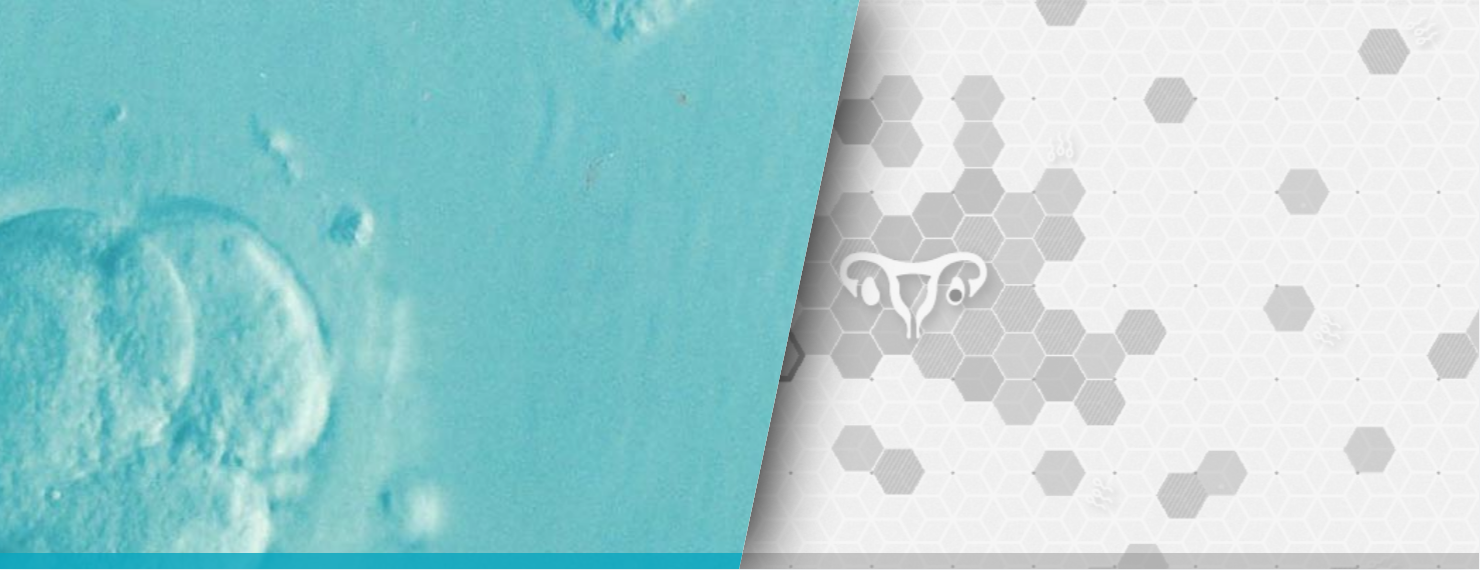
Civio investigations
assisted reproduction
Our investigation delves into the barriers to access assisted reproduction via both public and private healthcare in Spain and Europe, as well as the booming business surrounding these subsidies and the implications for donors. Awards:
- II Vicente Verdú Prize for Journalism and Innovation 2022
- Europe’s Best Science Journalist Award 2022 for Ángela Bernardo, for her investigation into mental and reproductive health
- Observable Community Recognition Award 2021 for Carmen Torrecillas, for the visual and web development of this series
Ten European countries pay egg donors anywhere from 250 to 2,000 euros
In addition to economic or altruistic motivation, anonymity plays a key role in egg or sperm donation, although an increasing number of countries require disclosure of donor identities.
Spain, Czechia, Denmark and Belgium are the meccas of reproductive tourism
Barriers in many European countries push thousands of people abroad to access assisted reproductive technology (ART) techniques. In some cases, they take out huge loans to pay for the treatments.
More than half of European countries prohibit access to assisted reproduction for lesbians and almost a third do so for single women
The situation is much more difficult for trans and intersex people. In addition to the legal barriers, they face economic stumbling blocks: most public health systems cover only part of the costs or have very long wait lists or narrow access criteria.
If you want to know more about this topic, check out all our articles on Health